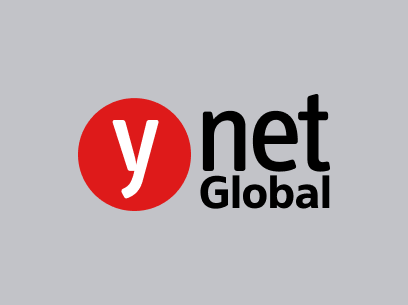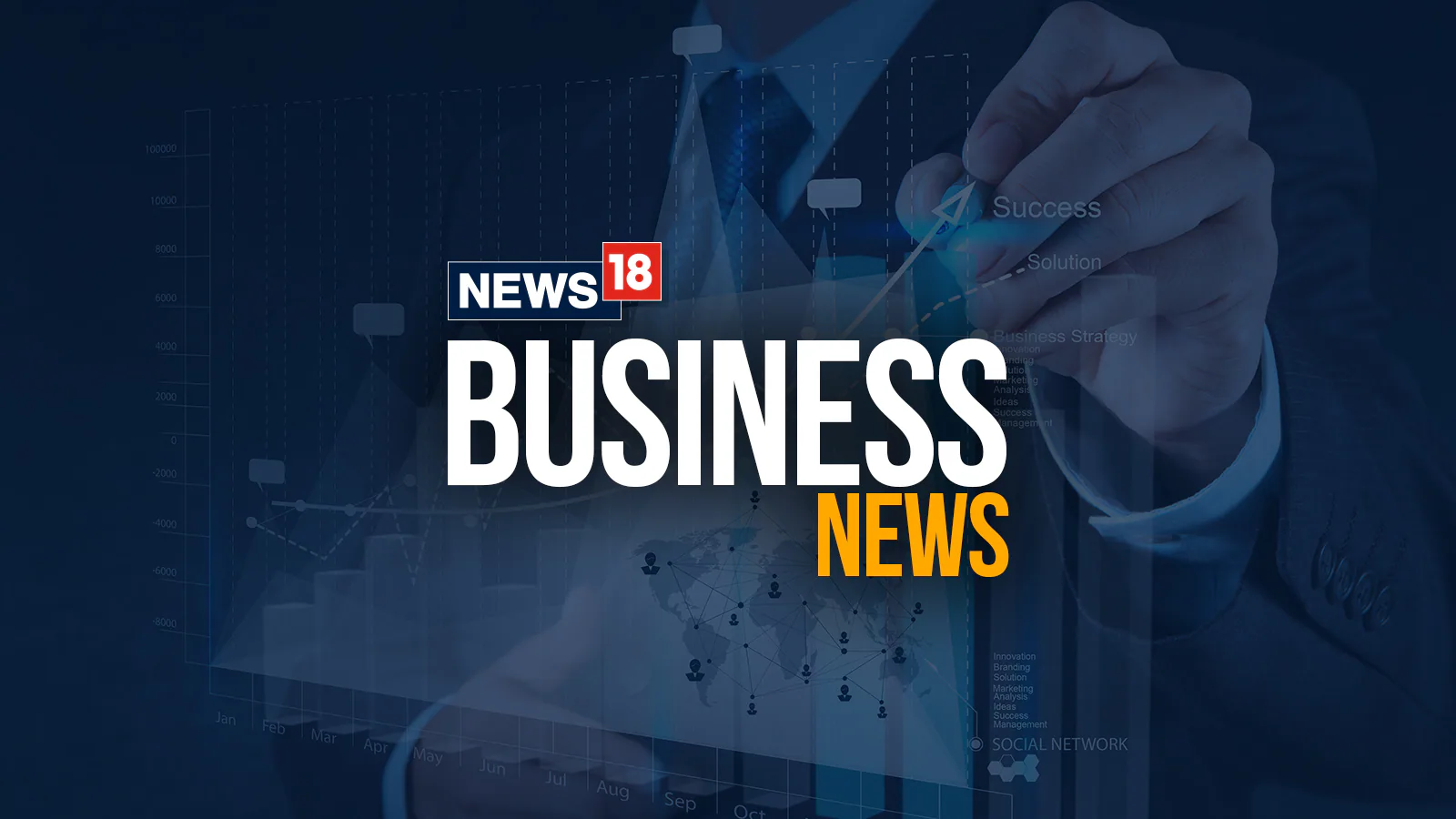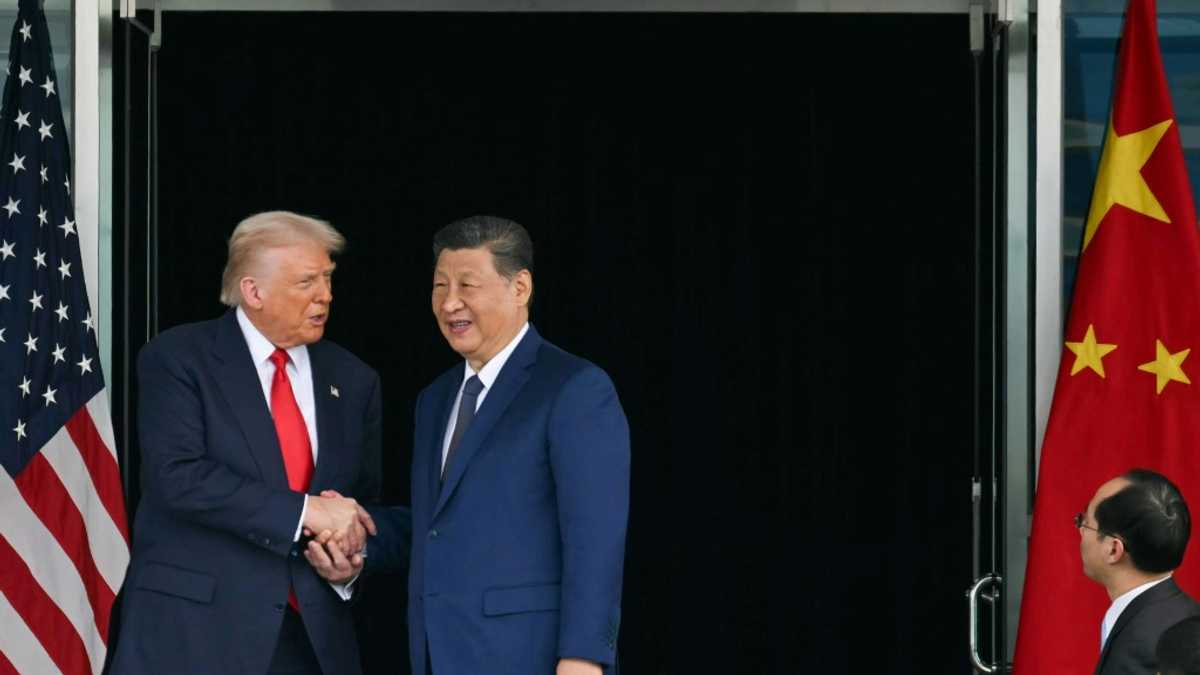Copyright yourstory

In India’s rapidly evolving healthtech landscape, startups are building more than just diagnostic tools. Companies are leveraging artificial intelligence and deeptech to not only assist doctors but also make healthcare more reachable, reliable, and responsive. One innovation is just in the speed of diagnostics. What legacy testing labs used to sometimes take days to furnish a test result can now happen within hours, thanks to healthtech companies like Orange Health Labs, whose mission, according to co-founder Dhruv Gupta, was to solve the “anxiety bubble” in diagnostics. “When a doctor prescribes you tests, you have a certain level of anxiety. This is what we call the anxiety bubble," he explains in a panel discussion at TechSparks 2025. The startup is targeting younger consumers who, post-pandemic, are more concerned about their health and want faster results. Another point of innovation happens when the person gets their test results. They don't want to wait to make an appointment with a doctor who will analyse the results; they want the diagnosis quickly. This is where AI-powered chatbots come into play. However, what doesn't get enough attention as chatbots is the technology enabling the production of new drugs, innovative diagnostic tests, and less invasive therapeutics. AlphaFold's AI system, developed by Google DeepMind, is doing exactly that by accurately predicting the 3D structure of proteins from their amino acid sequence. The system has the potential to accelerate scientific research by providing researchers with a rapid, non-experimental way to determine protein structures, which were previously determined through time-consuming and expensive methods Home health diagnostics company Inito takes a different approach to enabling AI. The firm was one of the first companies globally to bring lab-grade fertility testing to smartphones, leveraging AI and biotechnology to analyse hormonal data and provide real-time fertility insights. But the company, which only caters to the US market, also has to operate within defined parameters. "In healthcare, your models have to be tested and validated. We operate in a regulated industry, so we have to first test and then deploy," said co-founder and CEO Aayush Rai, emphasising that there need to be guardrails around LLM models that prevent them from making a diagnostic decision. As companies leverage AI, Bertelsmann India Investments, one of India’s leading growth-stage investors, has long bet on companies that are transforming ecosystems with data and technology. Another concern is the use of synthetic data to train these models. The data is usually compiled from patients in the West, and leaves out people from the Global South. Also, the developers would need patient consent to process this data. "Because of this constraint, some of the models being developed do not have global use... Out compliant data makes them relevant to a far larger gene pool," added CureBay Founder and CEO Priyadarshi Mohapatra. Meanwhile, Swati Murarka, Principal at Bertelsmann India Investments, said that the firm looks for AI models that go beyond the hype—those built on proprietary, structured data that directly uplift key business and customer metrics. Meanwhile, CureBay is also helping solve the healthcare gap in rural India, where 70% of the primary centres have a shortage of doctors. To solve this, the company has built a hybrid model where technology-backed clinics staged by nurses and pharmacists are supported by tele-consultations and AI-driven screening. (Edited by Kanishk Singh)



